Latest News
Unseasonal rains may have "significantly large impact" on food inflation: SBI Research
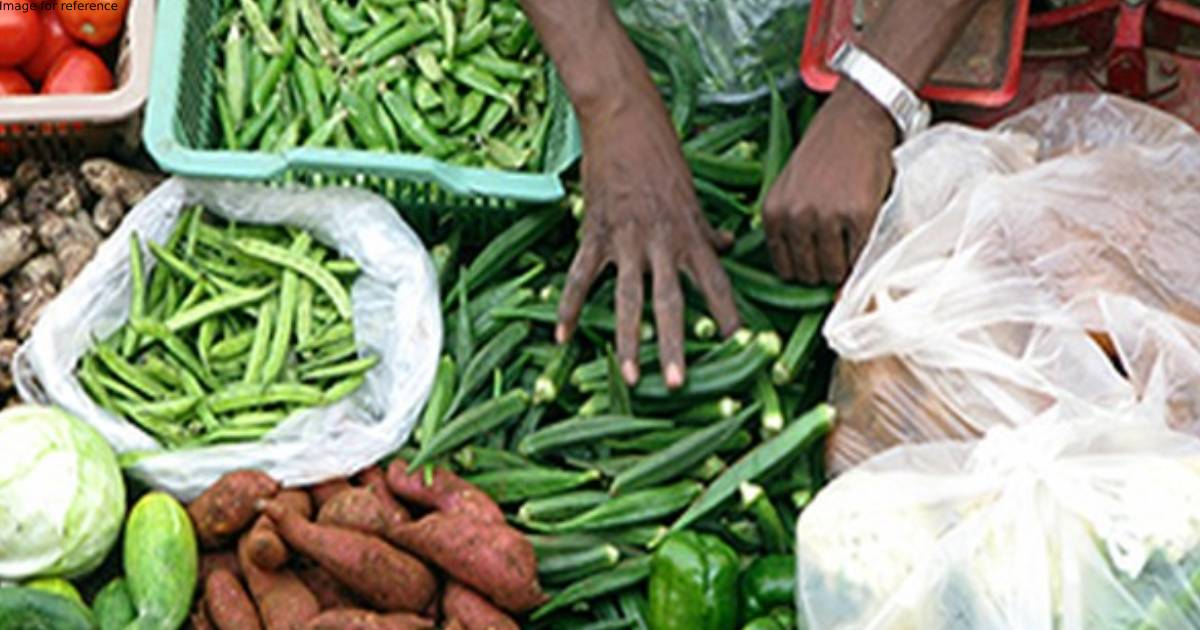
New Delhi: The unseasonal rains in different parts of India, particularly in cereal-producing states, could have a "significantly large impact" on cereal and vegetable prices, said SBI Research in its latest 'Ecowrap' report.
India's retail inflation surged to 7.41 per cent in September, remaining above the Reserve Bank of India's mandated range of 2-6 per cent for the third straight quarter - nine straight months - largely due to a rise in food prices. "A decomposition of CPI food inflation into sub-components show that on a weighted contribution basis, the food inflation was driven by cereal products and vegetables," SBI Research report authored by Group Chief Economic Advisor Soumya Kanti Ghosh said.
It said due to unseasonal rain patterns and frequency being witnessed across major states now, a surge in food inflation may lead to inflation for December hovering above 7 per cent and the quarterly average should come around 7 per cent -- above RBI's projection of 6.5 per cent.
"An eerie similarity with the 2019 inflation trajectory could now mean that RBI and market inflation estimates could go awry. With increased Fed rate hikes in 2022 and an adverse inflation forecast, RBI will have to walk a fine balance of rate hikes," the report said.
SBI Research expects another 50 basis points repo rate hike in RBI's December monetary policy review meeting.
Raising interest rates is a monetary policy instrument that typically helps suppress demand in the economy, thereby helping the inflation rate decline.
"The only solace could be a lower crude price and the negative growth in protein-rich item eggs and steady deceleration in prices of meat and fish. We are now looking at the terminal repo rate going higher than 6.5 per cent," it added.
The central bank has so far hiked the key policy rate by 190 basis points on a cumulative basis since May to 5.9 per cent to cool off domestic retail inflation that has stayed above the RBI's upper tolerance limit of 6 per cent this year. Under the flexible inflation targeting framework, the RBI is deemed to have failed in managing price rises if the CPI-based inflation is outside the 2-6 per cent range for three quarters in a row. (ANI)

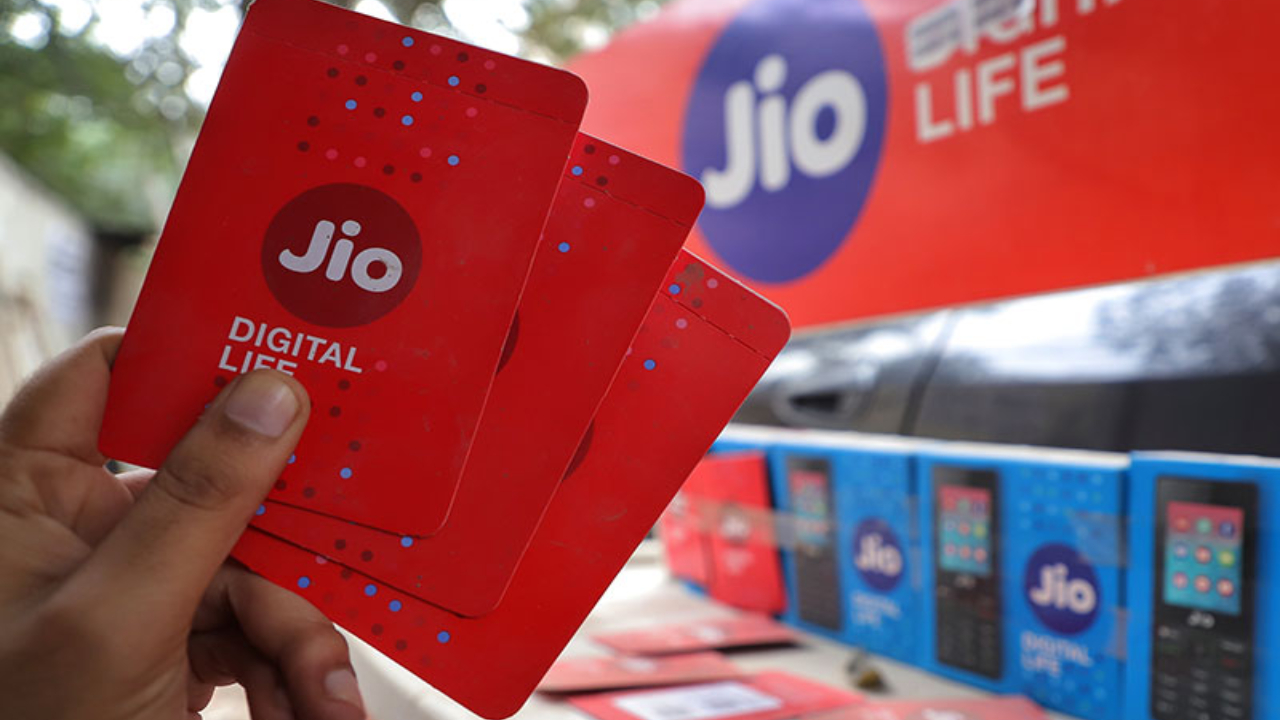

.png)

.png)
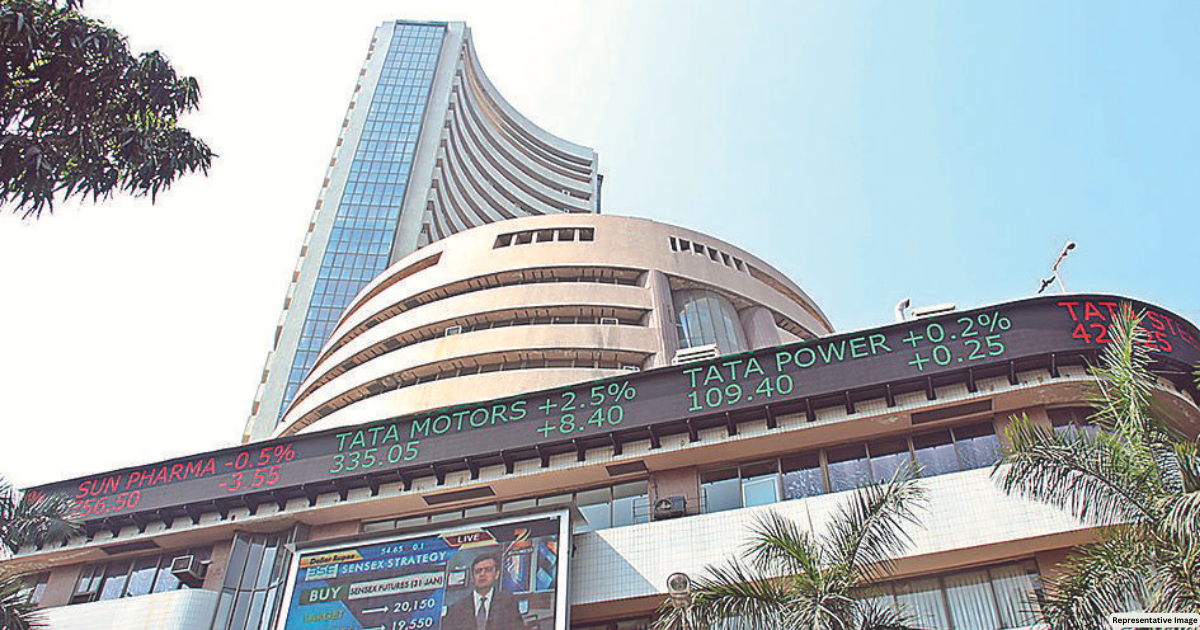

.png)
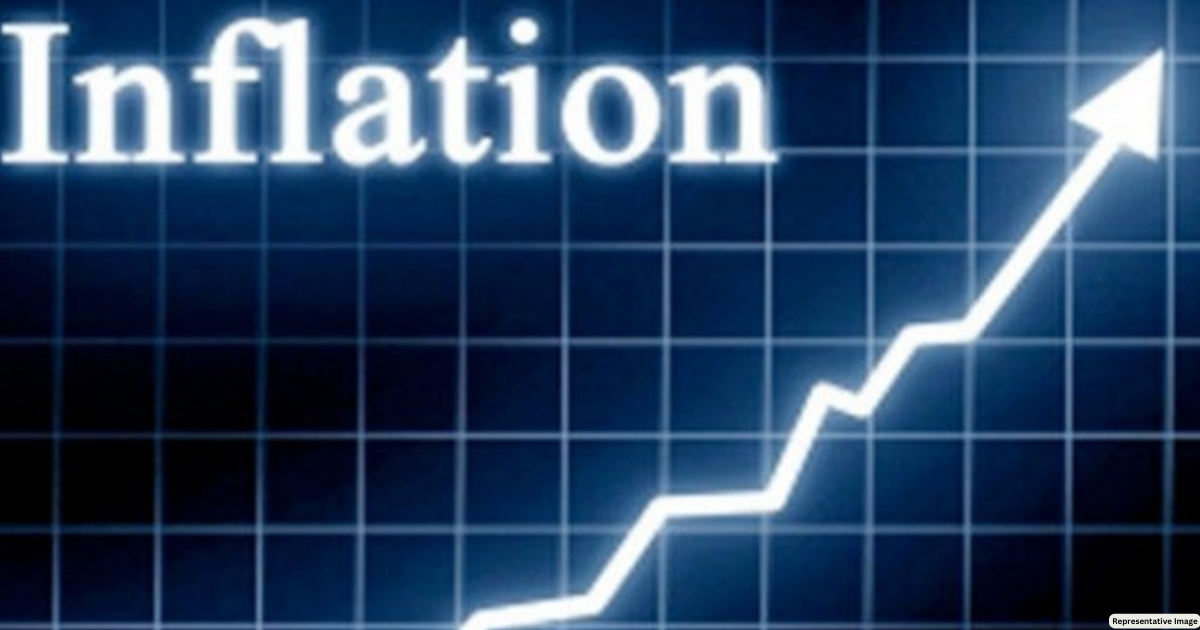
.png)


.jpg)
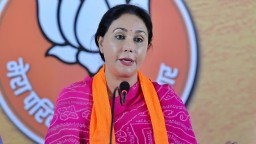

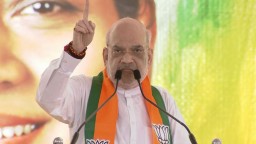
.jpg)

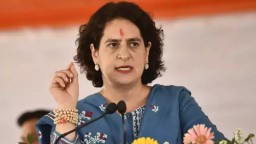
.jpg)
